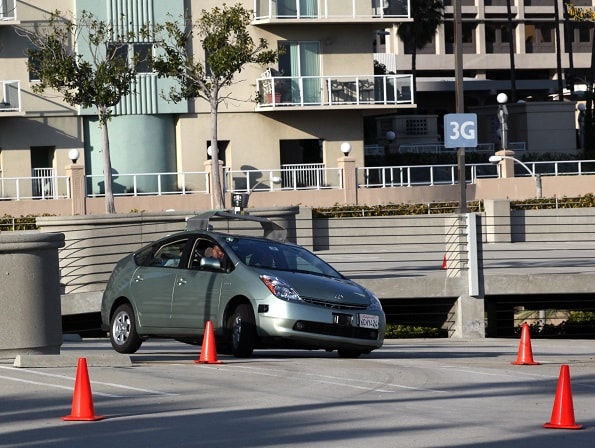

The Department for Transport (DfT) is expected to announce proposed rules for driverless cars this week, which will require owners of autonomous vehicles to take up two-in-one insurance products.
Under the new rules, driverless car owners will need to have a single insurance policy for both the motorist when he or she is driving and for the vehicle when it is in self-driving mode. This differs from earlier proposals that required drivers to buy separate cover for themselves and for the technology.
“We must ensure the public is protected in the event of an incident and this week we are introducing the framework to allow insurance for these new technologies,” transport minister Chris Grayling said in a statement, as quoted by Reuters.
Want the latest insurance industry news first? Sign up for our completely free newsletter service now.
According to a report by The Telegraph, the government wants to obligate driverless car owners to have two-in-one cover in the hopes that confusion over insurance claims will be avoided. Under the proposed DfT rules, full control and responsibility will be handed over from the motorist to the autonomous car as soon as it goes into driverless mode.
The report said claims made against cars that figure in a collision while in self-driving mode will be paid out by insurance companies, which will then recover costs from the vehicle manufacturer or a third party responsible for the incident.
“This single insurer model will ensure that in the event of a collision, the not-at-fault party will be properly compensated in the way that motor insurance works now,” Edmund King, president of motor insurance giant AA, told The Telegraph.
King also said that the new insurance framework for driverless cars would increase premiums.
He told The Times: “There’s already a lot of debate about who is liable for accidents in driverless cars… It now appears that the onus is going to be on the driver to get insurance that covers all outcomes and, in the short-term at least, that’s going to mean big premiums.”
“There will be a tipping point when more cars become fully driverless, but in the short-term this is likely to be very expensive,” King went on saying.
Related stories:
Volvo to run ‘largest’ test of driverless cars in London
Industry hails government plans on driverless car insurance, whiplash reforms
